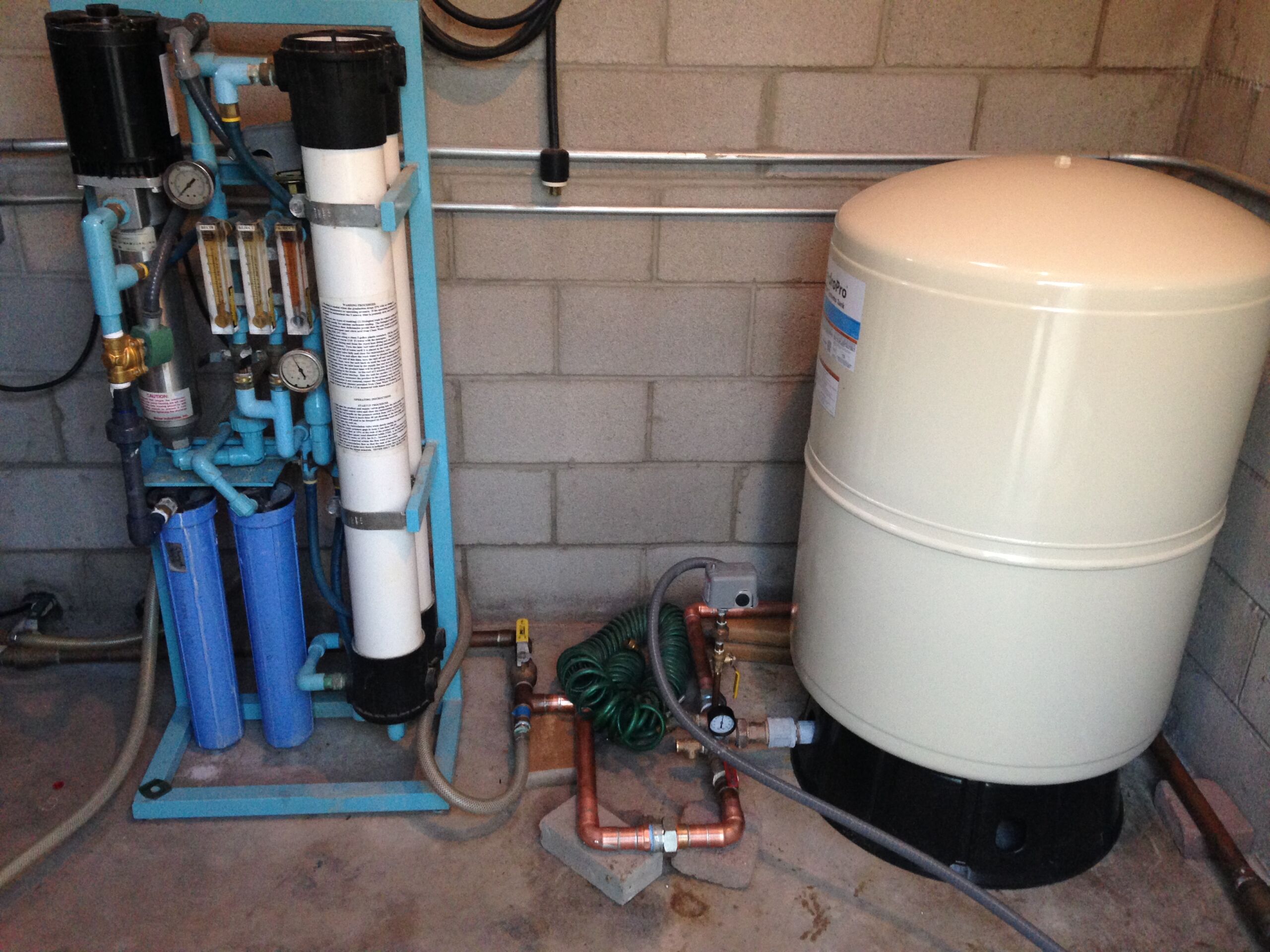Ohio Well Water Testing and Treatment Contractors
Find qualified Well Water Testing and Treatment contractors in Ohio using our contractor lookup tool. Learn more about NGWA Contractor Certifications here.
Max Herr Well & Pump Service
Aurora, OH 44202-9379
United States
Harper Well & Pump Inc
Mantua, OH 44255-9704
United States
Yeager Well Drilling & Pumps
Hamilton, OH 45011-9652
United States
Watson Well Drilling Inc
Bryan, OH 43506-9536
United States
Fredebaugh Well Drilling Inc
Grand River, OH 44045
United States
HD Sonic Drilling Inc
East Palestine, OH 44413
United States
Fred's Water Service Inc
Perry, OH 44081
United States
Memmo Contracting Inc
Saint Clairsville, OH 43950
United States
Find Well Water Testing and Treatment In
Frequently Asked Questions
When should I have my well water tested?
The National Ground Water Association (NGWA) recommends well owners test their water at least annually for bacteria, nitrates, and any contaminants of local concern. More frequent testing should be considered if:
- There is a change in the taste, odor, or appearance of the well water, or if a problem occurs such as a broken well cap, inundation by floodwaters, or a new contamination source
- The well has a history of bacterial contamination
- The septic system has recently malfunctioned
- Family members or house guests have recurrent incidents of gastrointestinal illness
- An infant is living in the home, or
- To monitor the efficiency and performance of home water treatment equipment.
What can impact groundwater quality?
Forty-seven percent of the United States depend on groundwater for their basic drinking water supply. Having a basic understanding about groundwater quality will help ensure that your well is supplying potable water for your household.
Along with human activities, water quality is affected by a combination of natural processes. Most relate to chemical compositions underground. However, other factors such as biological, physical, and radiological conditions can affect water quality as well.
Read moreHow is a well disinfected?
Properly constructed and maintained water well systems are designed to keep microorganisms such as bacteria, viruses, and protozoa from getting inside the well system and into the water. When a water test indicates the presence of microorganisms in a well, disinfection of the well system is recommended along with some level of inspection.
Read moreOhio Groundwater and Water Well Statistics
Groundwater plays an important role in Ohio’s economic vitality.
Domestic Supply
Ohio has an estimated 751,000 domestic wells supplying approximately 1,838,000
Public Supply
- 916 community water systems use groundwater supplying 2,852,600
- 646 non-community, non-transient water systems use groundwater supplying 240,600 people.
- 2,695 non-community, non-transient water systems use groundwater supplying 379,700 people.
Irrigation Supply
1,060 irrigation wells used groundwater supplying 725 farms and 19,270 acres.
Well Water Testing and Treatment Articles and Resources
Does My Water Well Need Treatment? By Gary L. Hix, R.G., CWD/PI Have you ever asked yourself: “Does my well water need treatment?” The question is not one you can answer if you have not had your water tested recently. You should ask yourself instead: “When was the last time I had my water tested?” If the answer to this question […]
PFAS and Private Well Owners: What You Need to Know NGWA published PFAS and Private Well Owners: What You Need to Know, a two-page fact sheet for home owners concerned about PFAS. Written in easy-to-understand language by groundwater professionals, it explains what PFAS are, how to test wells for PFAS, treatment options, and more.




